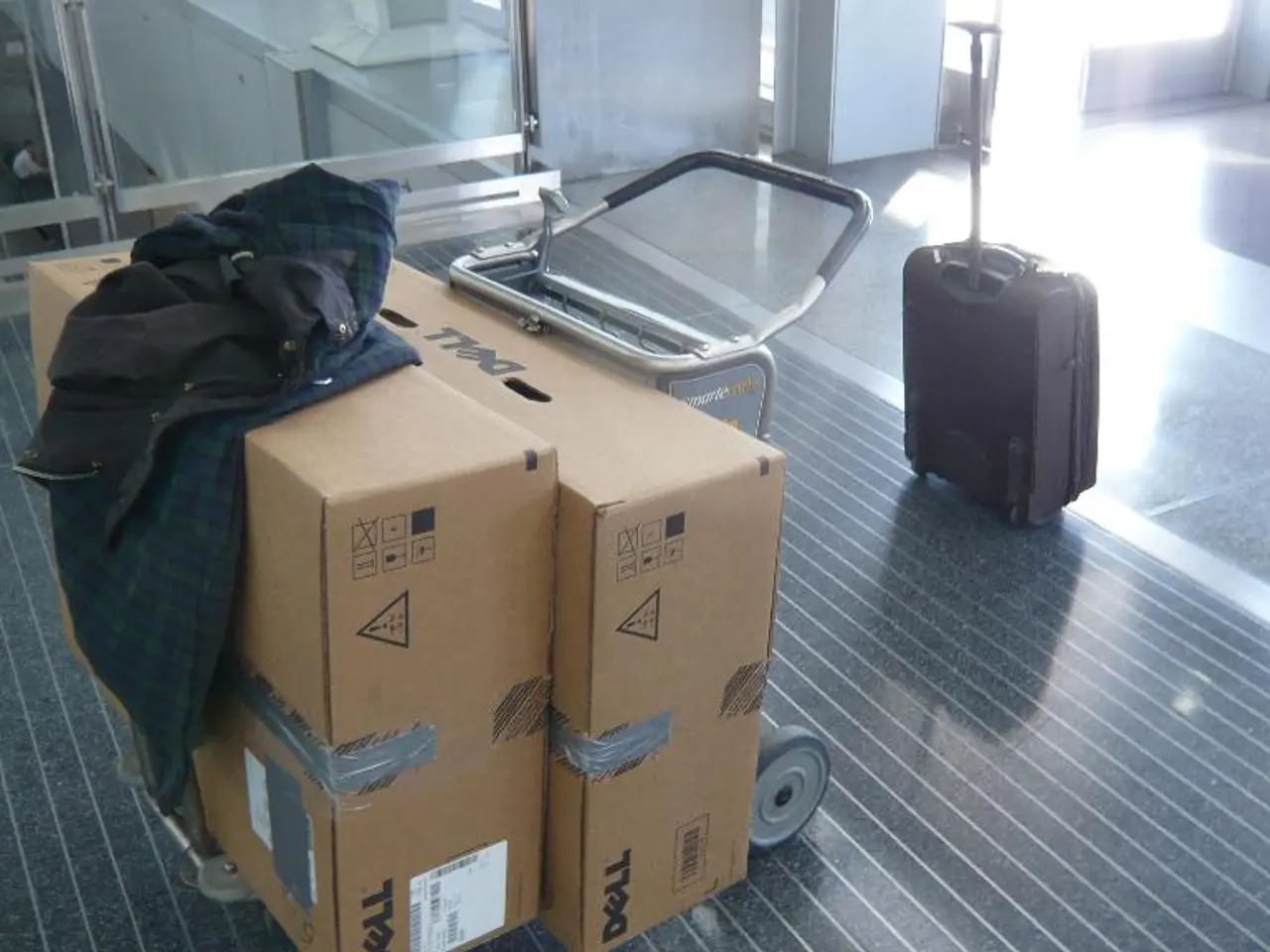The Council of Europe
In North Rhine-Westphalia (NRW), asylum procedures have been a prolonged process, with an average duration of over 21 months in the first half of 2023. This lengthy period brings uncertainty and instability for those involved, according to SPD legal expert Sonja Bongers.
Swift decisions in asylum processes can bring much-needed clarity and certainty, not just for the individuals seeking asylum, but also for potential employers who can benefit from the certainty that the hired person will remain with the company and can develop within it.
Bongers emphasises the importance of expediting asylum procedures due to their length. From a humanitarian perspective, reducing the duration of asylum procedures can provide relief for asylum seekers, who often endure a constant feeling of being uprooted and persistent uncertainty about their future. Faster decisions can also support their mental health and facilitate earlier participation in local communities.
From an economic standpoint, accelerating asylum procedures makes sense. Earlier recognition or rejection of asylum status allows individuals to either integrate into the workforce sooner or return home, optimising resource allocation. This can lead to lower administrative costs and reduced social tensions linked to prolonged asylum delays.
Measures to expedite these processes include digitalising application handling, increasing staffing and resources at reception and decision authorities, streamlining legal and appeal procedures, and enhancing coordination with EU-wide migration frameworks and resettlement mechanisms.
The European Commission's Asylum and Migration Pact introduces solidarity measures such as relocating migrants and improving EU-wide coordination, which NRW could leverage to better manage human and administrative resources. At the federal and state level, digital transformation of case management and judicial procedures can reduce backlog and speed decisions. Investing in adequate staffing, training, and support services for asylum authorities addresses procedural bottlenecks.
Importantly, aligning policies with EU law promotes legal certainty and supports rule-of-law principles, as highlighted by critiques of current pushback policies in Germany.
When a person is allowed to stay in the country, integration can truly begin. This is a crucial step towards improving the lives of those seeking asylum and fostering a more inclusive society. By expediting asylum procedures, NRW can contribute to humanitarian improvements by protecting asylum seekers' rights and dignity, and economic advantages by reducing costs and facilitating integration.
- The expediting of asylum procedures, as advocated by SPD legal expert Sonja Bongers, could lead to faster integration of individuals into the workforce, benefiting potential employers by providing certainty about the long-term status of their employees.
- Reducing the duration of asylum procedures is not only beneficial from a humanitarian perspective, providing relief for asylum seekers and improving their mental health, but also from an economic standpoint, enabling quicker resource optimization and fostering a more inclusive society in NRW.






